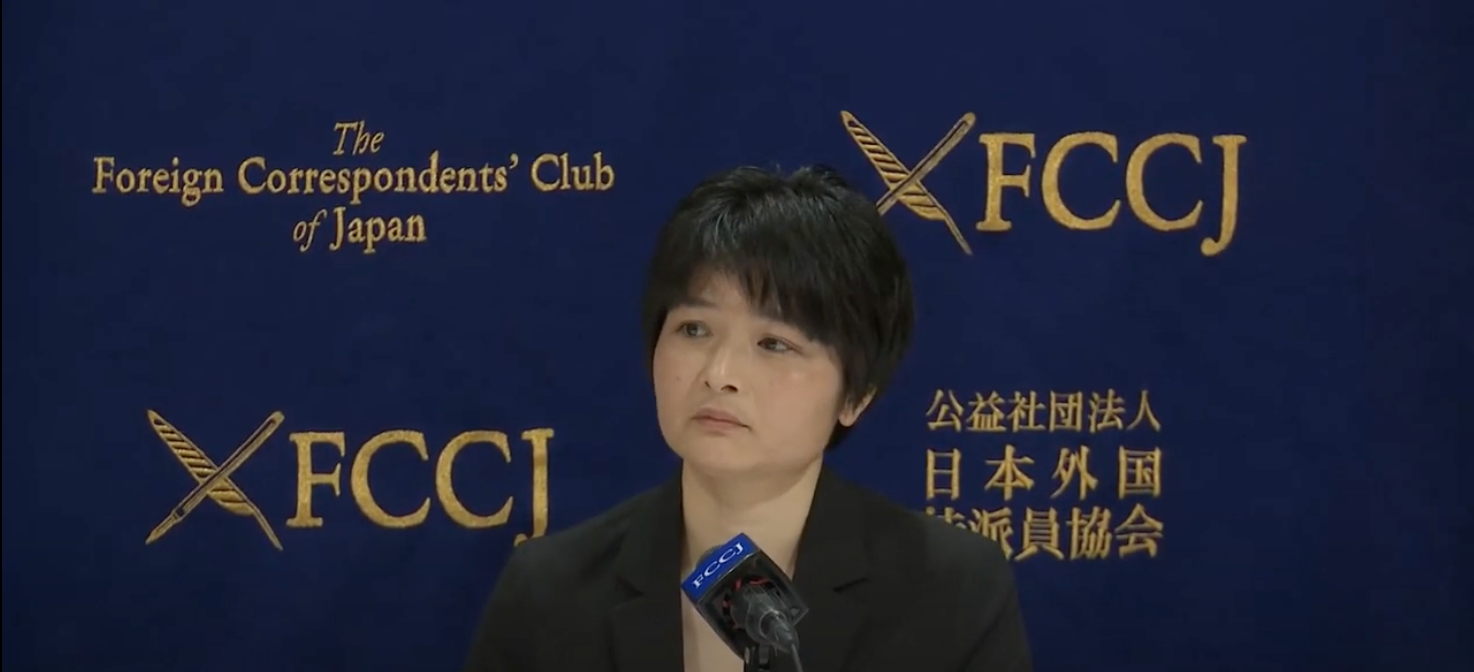In a move considered well overdue, Japan is raising the national age of consent from 13 years old to 16. Japan has the lowest national age of consent among G7 countries, and has faced criticism for years, even being subject to a UN recommendation in 2008 that the penal codes should be revised.
It is worth noting that in most places in Japan, 13 years old is not the effective age of consent. There are overlapping laws, national and local, that make the actual age of consent higher in most of Japan. In Tokyo, for example, the Youth Protection Laws put the age of consent at 17. Other prefectures can determine their own ages for consent, usually around 16-18. National laws prohibit an adult to “cause a child to commit an obscene act,” with a child being defined as anyone under the age of 18.
However, these laws can be vague in application. And age of consent laws are still not sufficient for protecting children or bringing justice to those who have experienced childhood sexual abuse (CSA).
A March 2nd press conference hosted by the Foreign Correspondents’ Club of Japan (FCCJ) was held with speakers currently advocating for CSA survivors. They have compiled recommendations to put forward for the upcoming G7 summit in Hiroshima this year – to amend the statute of limitations on sexual assault cases, and to establish a survivor council by 2025 to reflect survivors’ experience into Japanese government.
Ikuko Ishida, the founder of Be Brave Japan, was groomed and sexually abused by her middle school teacher starting from when she was 15 years old. He had taken her out, told her that he was in love with her, and convinced her to start a relationship with him that continued until she was 19 years old. When she recognized it as childhood sexual abuse years later, she was met with little help from officials in her hometown of Sapporo.
The statute of limitations on sexual assault has been extended to 5 years in Japan, but it isn’t enough for cases of childhood sexual abuse. Robert Schilling, former Interpol head of the Crimes Against Children unit, co-founder of Brave Movement in the United States, and survivor of CSA, said “Based on the cases that I’ve investigated, victims come forward somewhere between the age of 28 and 32 years old because you’re trying to process what has happened to you, and you don’t even believe in yourself anymore.”
It is common for survivors of CSA, like Ishida, to not recognize the experiences in their childhood as CSA for any number of reasons, and many are unable to seek help– or justice– until it is too late.
This is why Ishida and members of Brave Japan are recommending that the statute of limitations for CSA should be at the very least extended, ideally to 30 years, if not abolished altogether.
Ishida faced pushback from the Sapporo authorities when she first sought help in her case. But she unexpectedly, she was also met with less than sympathetic responses from those closest to her, who believed that she couldn’t have been abused because it was a romantic relationship – despite her age and the age of the perpetrator.
The idea of sincere love between a child and an adult is ignorant of uneven power dynamics that come with such an age and developmental gap. Further, the positions that predators may take up to give them access to children – such as teaching or childcare – add yet another layer of inequality to their relationship.
Yet “sincere love” and “the self-determination of children” persist as a counterpoint even within the Japanese government. As recently as 2021, 56-year-old Representative Hiranao Honda (also of Sapporo) suggested that it would be “strange” if he were arrested for having a romantic and sexual relationship with a consenting 14-year-old child.
It is clear that there is a disconnect between survivors’ lived experiences and the public perception of childhood sexual abuse and grooming cases. As Ishida noted, sexual assault is commonly viewed as something that is perpetrated by force by an adult man to an adult woman. Cases where the genders, scenarios, and ages are different are not so easily understood by those with a narrow understanding of sexual assault.
The proposed survivor council aims to represent survivor perspectives in the lawmaking and regulatory process. Said Schilling, “They need to listen to what we need. Having a survivor’s council…that’s more helpful than the government telling us ‘This is what we’re going to do for you’”.
The 49th G7 summit will be held in Hiroshima, Japan from May 19th to May 21st.
